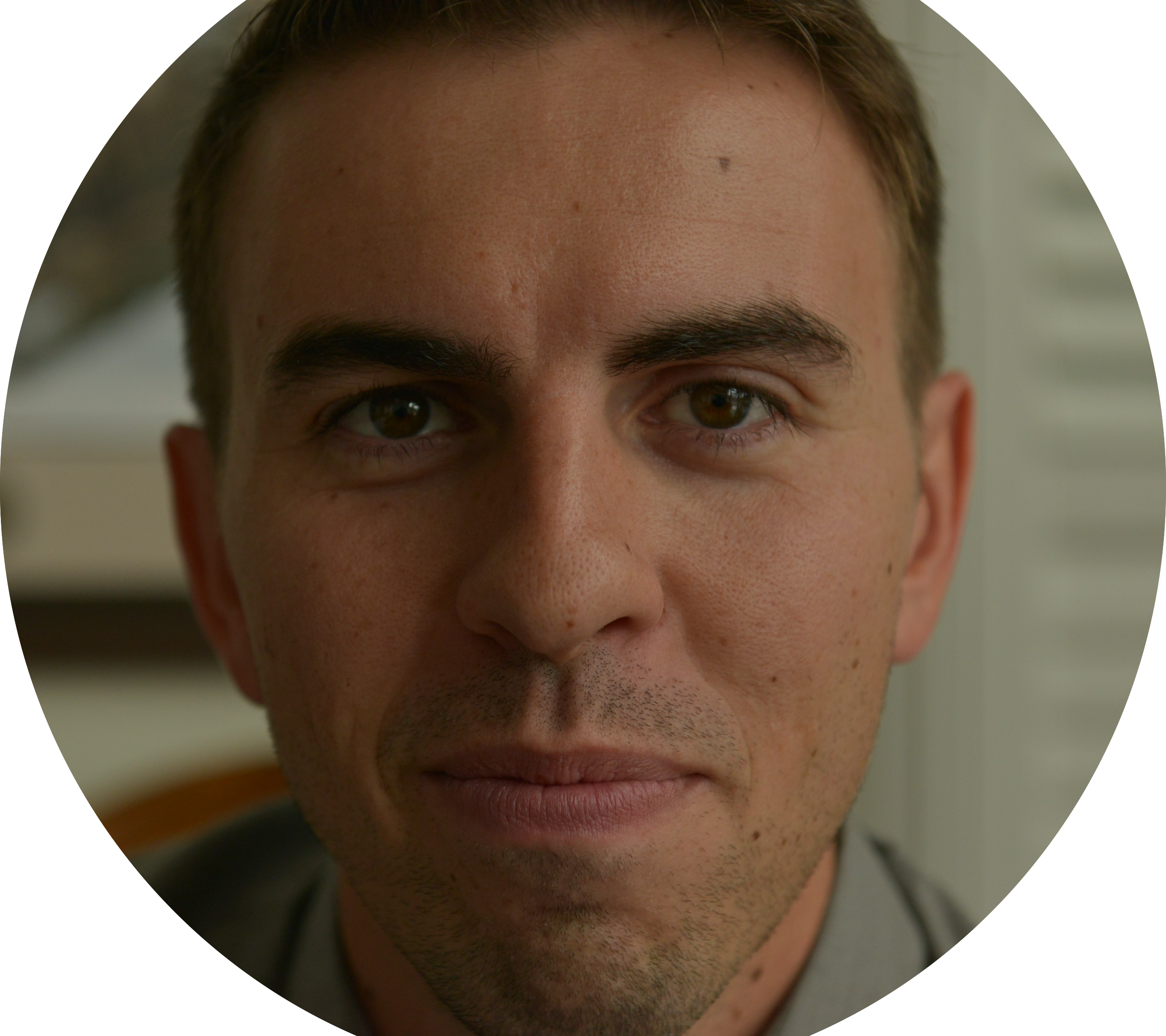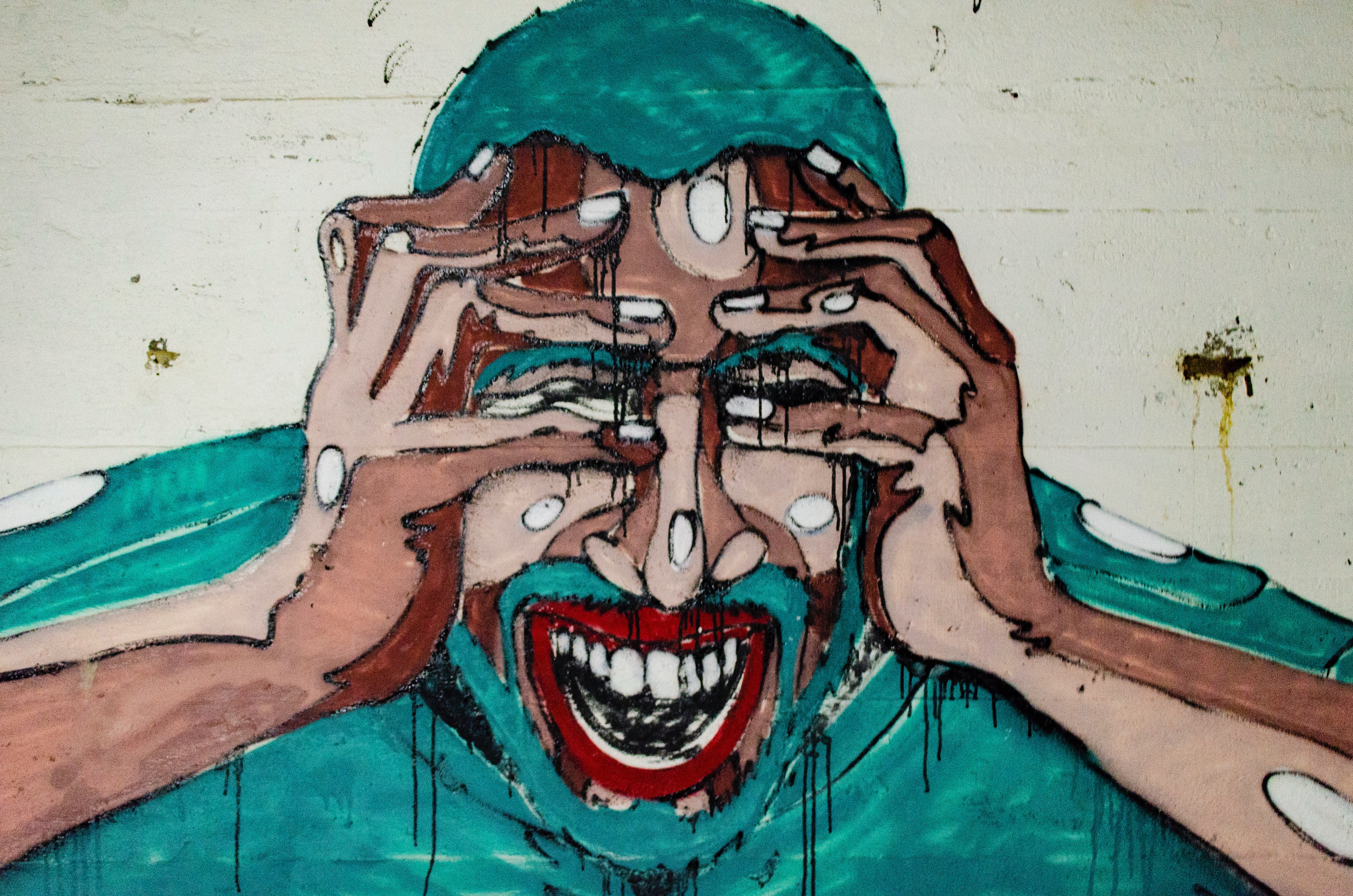Welcome to our new section, Thrive on Campus, devoted to covering the urgent issue of mental health among college and university students from all angles. If you are a college student, we invite you to apply to be an Editor-at-Large, or to simply contribute (please tag your pieces ThriveOnCampus.) We welcome faculty, clinicians, and graduates to contribute as well. Read more here.
I came back to college after a decade in the working world.
The work was mostly painting and construction, but by the end of the fall most of us were laid off. It’s a pretty common occurrence in the trades.
What I wasn’t prepared for in the summer of 2017, was the tidal wave of anxiety that would crash down on me just before my first year back at college. I wasn’t prepared for all the uncertainty of what my classes would be, where they would be and if I could even handle the workload, since I’d been out of school for a decade.
All these things creeped up to the surface, into one giant, screaming mess. It was what you’d call:
A panic attack.
Not only was my mind trapped in a whirlwind of incoherent thoughts, my body was trembling with an overwhelming and unsettling energy. Every limb was electric, but I couldn’t move. Every breath was a struggle, I couldn’t catch it. Suddenly the entire world was spinning before it crashed down around me.
But then…
Relief. Sweet, sweet exhausted relief from the monster that attacked me. It felt like the end of a boxing match with an invisible opponent. One who could only hit me, because I could never see the hits coming.
That’s the thing about anxiety and panic attacks. You can’t really plan in advance… They just kind of, happen.
But the experience left me scarred and squeamish. It made me wonder when the next one would come and how intense it would be.
Would it happen in class?
What do I do if it happens again?
What if they keep happening and I can’t control my anxiety?
I’m sure anyone who’s ever had a panic attack has asked themselves at least one of these questions. It’s understandable. Once you have one, you never want to repeat the experience.
Ever.
It’s likely put you on edge. It’s made you feel like something could jump out and attack you from around the next corner. That’s natural after a panic attack, but it certainly isn’t fun.
Today
I just started the second year of my program. Since that first panic attack, I’ve adopted certain healthy habits to avoid another occurrence:
Early Morning Hydration
The first thing I drink in the morning is a full glass of water with lime juice and sea salt. Drinking this first thing in the morning stimulates your metabolism to produce more energy and balance your emotions throughout the day. It’s fine if it’s just plain water, but try to drink at least one glass.
Morning Exercise
If you do just two-to-five minutes of exercise in your first waking hour, you kickstart your immune system to prevent you from crashing later in the day. It also aids in digestion. It can be yoga, pushups, or even just stretching. Whatever works for you.
Journaling
When I first adopted this habit, I was skeptical. I read claims that regular journaling could be more effective than therapy. What I found is that those claims were entirely correct. Adopting a practice of daily journaling allows you to sort out thoughts and emotions, through the act of writing. The more you do it, the more aware you become of your thoughts and feelings.
Conclusion
I haven’t had a panic attack since the summer of 2017, and I intend to keep it that way. Actually, I’ve reached an improved level of wellness beyond anything I’ve felt before.
Through these small habits, I now have:
- More Energy
- Emotional Stability
- Clarity of Thought
- Increased Self-Confidence
If you’re experiencing anxiety, whether it has to do with post-secondary or something else entirely, I highly recommend you pick ONE of the habits I mentioned and try it out.
Give it a week, then see how you feel.
Once you’ve mastered that habit, try another. Whichever habits don’t suit you, don’t use them. Just stick with those that work best for you.
Living with anxiety can be overwhelming, but that doesn’t mean you have to let it rule your life. All you need is ONE win for the day. Soon you’ll find you have TWO, or THREE, or FOUR.
Pretty soon, I think you’ll find that…
You’ve won the day.
Subscribe here for all the latest news on how you can keep Thriving.
More on Mental Health on Campus:
What Campus Mental Health Centers Are Doing to Keep Up With Student Need
If You’re a Student Who’s Struggling With Mental Health, These 7 Tips Will Help
The Hidden Stress of RAs in the Student Mental Health Crisis


